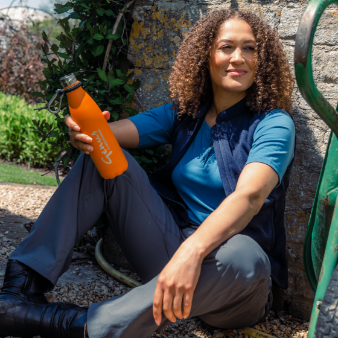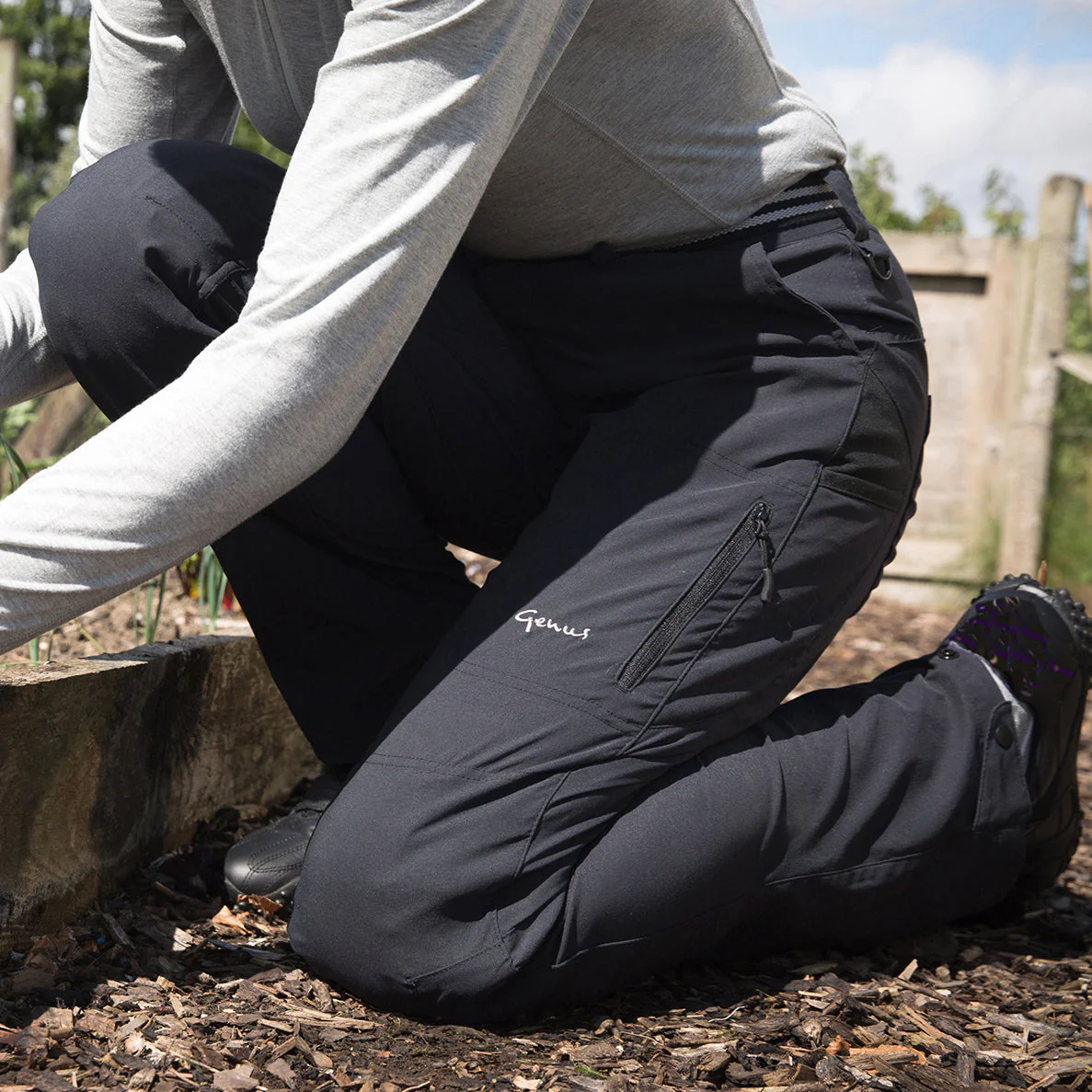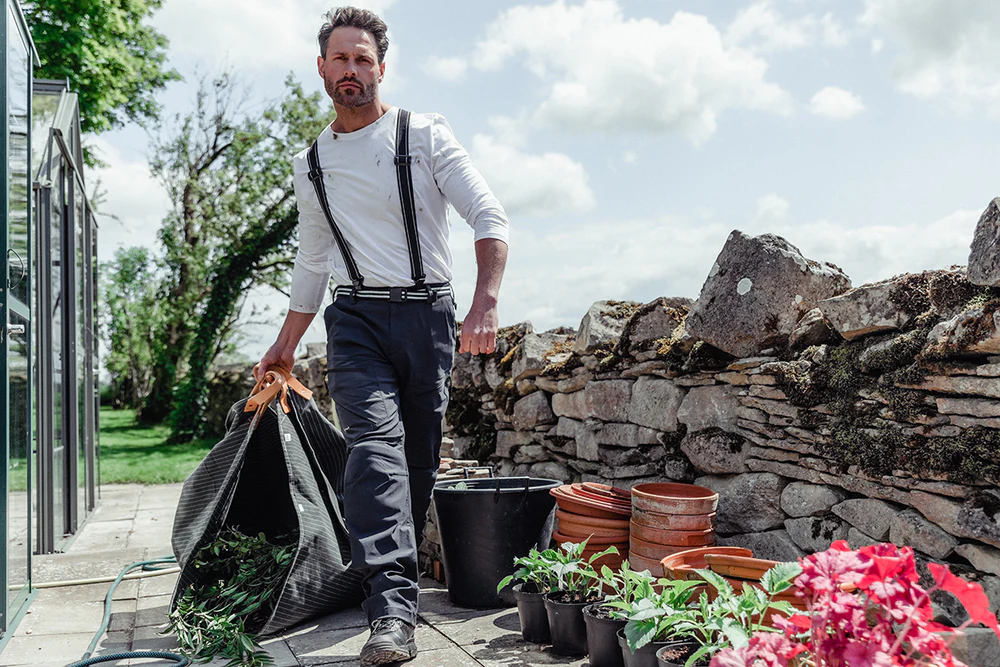Body, soul and gardening - Grow your own immune boosting system

Reds: Strawberries aren’t just delicious – they pack a vitamin C punch, while raspberries are one of the fruits with the most antioxidants. Red peppers and tomatoes are also full of immune system boosting Vitamin C.
Greens. We all know that eating our greens is good for us. Vegetables like spinach and cabbage tend to provide vitamins C and A – both important for the immune system, with peas said to contain more vitamin C than oranges. The fibre from broccoli is also believed to help produce healthy gut bacteria for improved immune health.
Whites: They may not look as colourful as other food types, but white vegetables such as garlic contain selenium, which helps the body produce antioxidants, while both onions and garlic are believed to have anti viral properties.
Yellow and orange: Orange and yellow vegetables tend to have a lot of vitamin C and carrots contain the antioxidant, beta-carotene, which the body uses to create vitamin immune system boosting vitamin A.
Purples/Blues: Blueberries and blackberries have one of the highest levels of antioxidants and blackberries are believed to contain a wide range of vitamins and nutrients, including vitamins C and E, potassium, magnesium and flavonoids, which studies have found can reduce your chances of catching coughs and colds.











